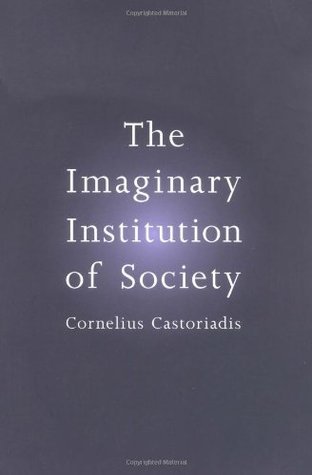
A Thousand Plateaus: Capitalism and Schizophrenia
Book Description
Imagine a world where traditional boundaries dissolve, revealing a labyrinthine landscape of ideas and identities. “A Thousand Plateaus: Capitalism and Schizophrenia” catapults readers into an exhilarating exploration of desire, power, and social constructs. With each plateau, it dismantles the rigid frameworks of capitalism, inviting a radical rethinking of existence and connection. The thrill of chaos ignites the mind, as concepts collide and transform. It’s a vivid journey through the unconscious, where philosophy meets the visceral. What new realities await for those bold enough to embrace the fragmentation?
Quick Book Summary
“A Thousand Plateaus: Capitalism and Schizophrenia,” by Gilles Deleuze and Félix Guattari, is a seminal work in contemporary philosophy that breaks with linear thinking and traditional structures. Using the metaphor of the ‘plateau’, the text introduces non-hierarchical frameworks for understanding reality, social systems, and identity. Rejecting binary oppositions and fixed categories, Deleuze and Guattari advocate for ‘rhizomatic’ models—networks without clear beginnings or ends. The book examines how desire, power, and subjectivity operate within capitalist societies, challenging approaches inherited from psychoanalysis and Marxism. Every chapter acts as an independent yet interconnected plateau, each offering creative tools for reimagining relationships, political actions, and personal transformation. The result is a powerful, imaginative vision of thought and experience as dynamic, interconnected assemblages.
Summary of Key Ideas
Table of Contents
Rhizomatic Thought and Nonlinear Structures
Deleuze and Guattari’s concept of the ‘rhizome’ anchors their challenge to traditional, hierarchical modes of thinking. Unlike trees or roots that imply a central origin or direction, rhizomatic structures are multiplicities—sprawling, interconnected, and always in motion. The authors encourage readers to view knowledge, society, and identity as configurations without fixed boundaries or linear progressions. This framework destabilizes established categories, inviting an openness to novelty, proliferation, and creative transformation.
Assemblages and the Dynamics of Desire
The book delves into the nature of assemblages—heterogeneous groupings composed of people, objects, institutions, signs, and affects. These are not static entities but constantly forming and reforming in response to shifting forces and desires. Desire itself, in Deleuzo-Guattarian theory, is productive and generative, not rooted in lack but in the positive drive to connect and recombine. Assemblages function as dynamic constellations, offering fertile ground for understanding how power, institutions, and subjectivity are constructed and reconfigured.
Critique of Hierarchies and Binary Logic
Throughout the text, Deleuze and Guattari critique the dominance of binary logic and structured hierarchies prevalent in Western thought. They dismantle familiar oppositions—nature/culture, subject/object, center/periphery—arguing that such binaries constrain thought and experience. Instead, their plateau-based approach enables multiple perspectives, subverting fixed positions and emphasizing the fluidity of roles, relations, and meanings.
Deterritorialization and the Construction of Subjectivity
A central theme is deterritorialization, the process by which established territories—mental, social, spatial, or conceptual—are undermined and remade. Capitalist systems territorialize by coding behaviors and desires, but new flows and connections inevitably disrupt these boundaries. Deterritorialization paves the way for constructing ‘becomings’—open-ended processes of subjectivity that resist capture by rigid identities or institutions.
Politics, Power, and Social Transformation
By weaving together philosophical, psychological, and political insights, “A Thousand Plateaus” offers a toolkit for transformative action. The book points toward a politics rooted in experimentation, embracing difference, and reimagining social relations. Its vision of power is decentralized and multiple, giving precedence to emergent forms of organization. Ultimately, Deleuze and Guattari invite readers to participate in crafting new assemblages and realities, boldly traversing the ever-shifting terrain between chaos and order.
Download This Summary
Get a free PDF of this summary instantly — no email required.





